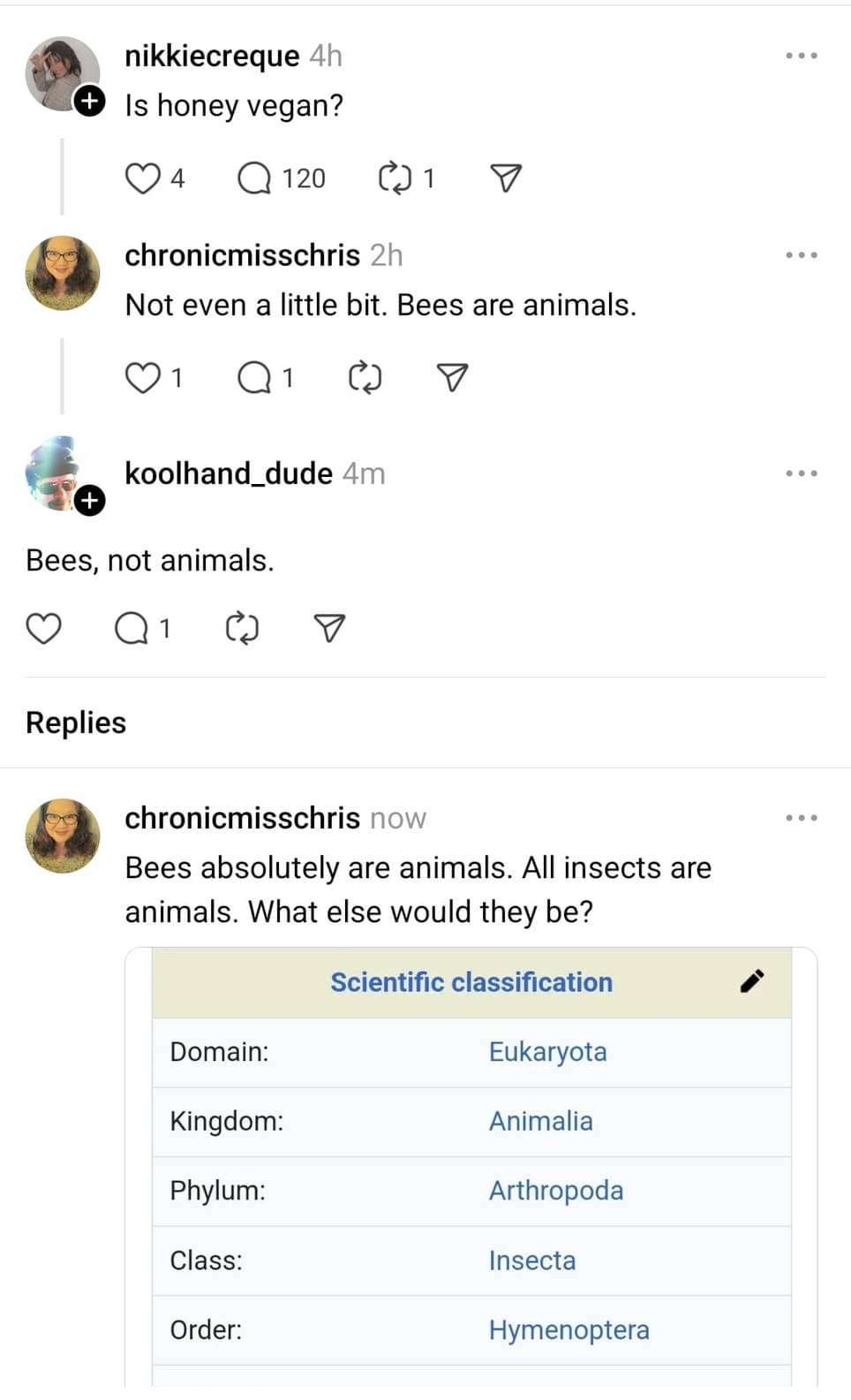this post was submitted on 19 Oct 2024
690 points (97.8% liked)
Science Memes
11858 readers
1894 users here now
Welcome to c/science_memes @ Mander.xyz!
A place for majestic STEMLORD peacocking, as well as memes about the realities of working in a lab.

Rules
- Don't throw mud. Behave like an intellectual and remember the human.
- Keep it rooted (on topic).
- No spam.
- Infographics welcome, get schooled.
This is a science community. We use the Dawkins definition of meme.
Research Committee
Other Mander Communities
Science and Research
Biology and Life Sciences
- [email protected]
- [email protected]
- [email protected]
- [email protected]
- [email protected]
- [email protected]
- [email protected]
- [email protected]
- [email protected]
- [email protected]
- [email protected]
- [email protected]
- [email protected]
- [email protected]
- [email protected]
- [email protected]
- [email protected]
- [email protected]
- [email protected]
- [email protected]
- [email protected]
- [email protected]
- [email protected]
- [email protected]
- !reptiles and [email protected]
Physical Sciences
- [email protected]
- [email protected]
- [email protected]
- [email protected]
- [email protected]
- [email protected]
- [email protected]
- [email protected]
- [email protected]
Humanities and Social Sciences
Practical and Applied Sciences
- !exercise-and [email protected]
- [email protected]
- !self [email protected]
- [email protected]
- [email protected]
- [email protected]
Memes
Miscellaneous
founded 2 years ago
MODERATORS
you are viewing a single comment's thread
view the rest of the comments
view the rest of the comments

Couple of reasons. One, honey is made not from local pollinators but from European honey bees. Two, European honey bees are really good at producing honey, which means they're more efficient at removing pollen and nectar from flowers, denying food for native pollinators. Three, while only a few bees are directly harmed during honey harvesting, the need for their honey to be harvested means that they've been bred to make big, uniform honeycombs and a glut of excess honey. This makes them more susceptible to diseases, even before you factor in the monoculture nature of their existence.
Essentially, it's not that eating honey is harmful to bees. It's that the creation of honey at scale is cruel both to the bees producing the honey and the native pollinators who get pushed out by them. We (my household) do have honey on occasion, but only from local, small scale honey producers.
Here in Brazil we have Meliponiculture, farming honey from native stingless bees.
Wow, that's interesting! Does the honey differ from the honey bee one?
Depends on the species, but in general the honeys have variation in the nutrients, some considered even more medicinal than that of European Honey Bees.
They usually also have more water content, so unlike "regular" honey, they can more easily spoil.
So jealous.
Do you think there are no vegans in Europe?
Probably yeah. But also the European honeybee is not the only European bee nor pollinator so the argument holds true to some extent.
However I'm not convinced the impact is worse than the monocultures which makes up the majority of our calorie intake. Thousands of hectares of nothing but beets or corn probably does more for killing insect diversity than a handful of beehives, but what do I know.